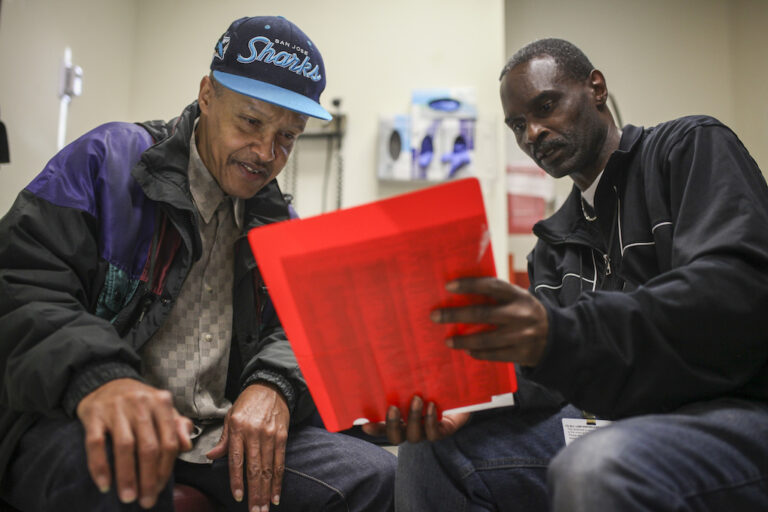Reentering society after incarceration is a daunting journey, marked by profound challenges and transformative opportunities. For ex-inmates, the transition from prison walls to everyday life is not simply a matter of finding a job or securing housing; it involves navigating a complex emotional landscape rife with stigma and uncertainty.
It is within this intricate tapestry of reentry that family plays an indispensable role. Families can serve as beacons of hope and resilience, providing not just assistance, but also unconditional love and support that is vital for rehabilitation.
Yet, the path for families themselves can be fraught with challenges, as they must reconcile their emotions and expectations with the realities of having a loved one return home. Understanding the multifaceted dynamics at play in these relationships can shed light on how families can act as catalysts for successful reintegration, ultimately influencing not only the individuals future but the community as a whole.
Understanding the Impact of Family on Reentry Success
Family plays a pivotal role in shaping the pathway to successful reentry for ex-inmates, offering a unique blend of support, stability, and sometimes, the challenges of past relationships. When an individual transitions from incarceration back into society, the emotional landscape is fraught with complexities; families can either serve as a vital anchor or a turbulent sea of conflict.
A loving, understanding family can provide vital resources—be it a place to live, emotional encouragement, or connections to employment opportunities—creating a safety net that bolsters confidence and hope. Conversely, strained family dynamics may exacerbate feelings of isolation and despair, hindering the reintegration process and potentially leading to recidivism.
Thus, cultivating healthy family relationships becomes an essential part of an ex-inmate’s journey, illustrating how intertwined their success is with the familial environment surrounding them.

The Emotional Support System ─ Family as an Anchor
Family often serves as the vital emotional support system that can ground an ex-inmate during the turbulent reentry into society. In this transitional phase, the weight of past experiences can be overwhelming, a tide of uncertainty that ebbs and flows.
Yet, the unwavering presence of family can create a safe harbor, reminding individuals they are not alone. Moments of vulnerability can arise unexpectedly—perhaps at a family gathering or during a quiet evening—but in these instances, the reassuring words or simple gestures of a loved one can bridge the chasm of isolation.
It’s in the laughter shared over dinner or the understanding nod during a tough conversation that bonds are strengthened, reinforcing that sense of belonging. This emotional anchor not only encourages resilience but also fosters hope, reminding the ex-inmate that while the past may have shaped them, it does not define them.
In essence, family plays a multifaceted role, offering both a shield against the storms of reentry and a catalyst for personal growth.
Breaking the Cycle ─ How Family Can Reduce Recidivism
Breaking the cycle of recidivism is a daunting challenge, yet the family unit plays an undeniably pivotal role in fostering lasting change. When ex-inmates reintegrate into society, the emotional support and validation from family members can serve as a lifeline, helping to navigate the tumultuous waters of reentry.
With a stable home environment and consistent encouragement, these individuals can find motivation to pursue education, employment, and community engagement. Moreover, families can help bridge the gap between past behaviors and future aspirations, instilling a sense of accountability.
However, it’s not a straightforward path; it requires open conversations, understanding, and sometimes tough love. In this intricate dance of forgiveness and growth, family becomes not just a support system but a catalyst for transformation, offering a renewed sense of hope and purpose to those seeking to break free from the cycle of incarceration.

Conclusion
In conclusion, the role of family in an ex-inmate’s reentry journey cannot be overstated, especially for individuals like black men who often face the dual challenges of societal stigma and systemic barriers. A supportive family network can provide not only emotional stability but also practical resources that are essential for successful reintegration into society.
By fostering open communication, understanding, and unconditional support, families can help ex-inmates navigate the complexities of rebuilding their lives, reducing the risk of recidivism and contributing to stronger, healthier communities. Ultimately, embracing the importance of family connections can create a path to redemption and success for those seeking a second chance, making it imperative for loved ones to remain engaged and invested in their reentry process.

